Edward Albee’s Beautiful Venom
Los Angeles Review of Books
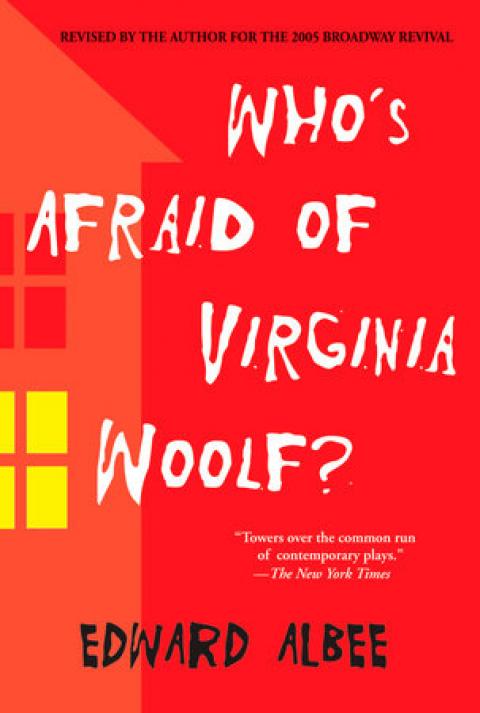
Edward Albee, who died September 16 at age 88, was a major force in U.S. literature and one of the American theater's most significant playwrights. In this essay, Shehryar Fazli offers some insight into Albee's art by focusing our attention on his landmark 1963 play, Who's Afraid of Virginia Woolf.

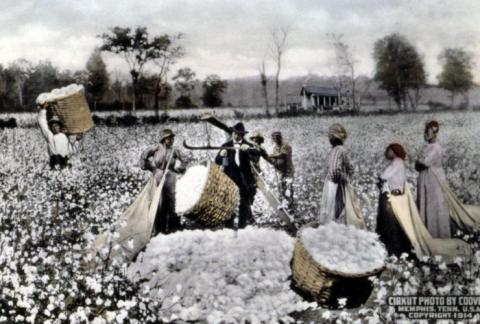
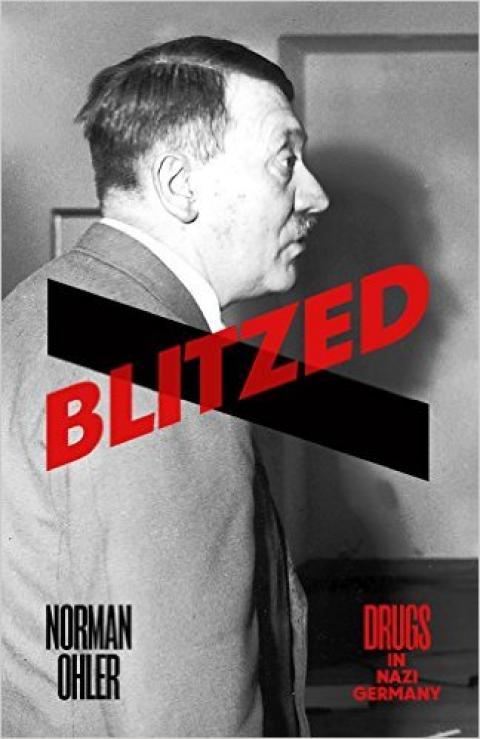
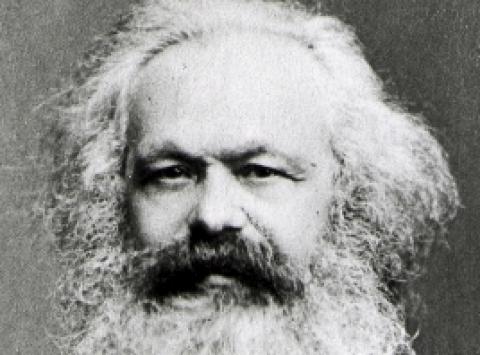
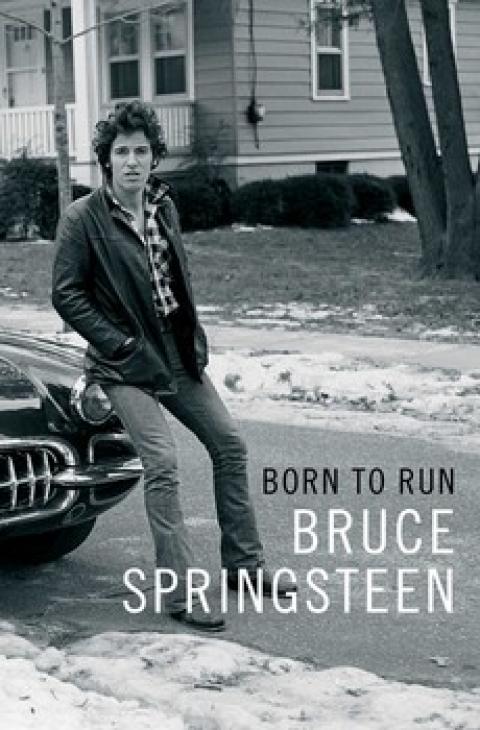

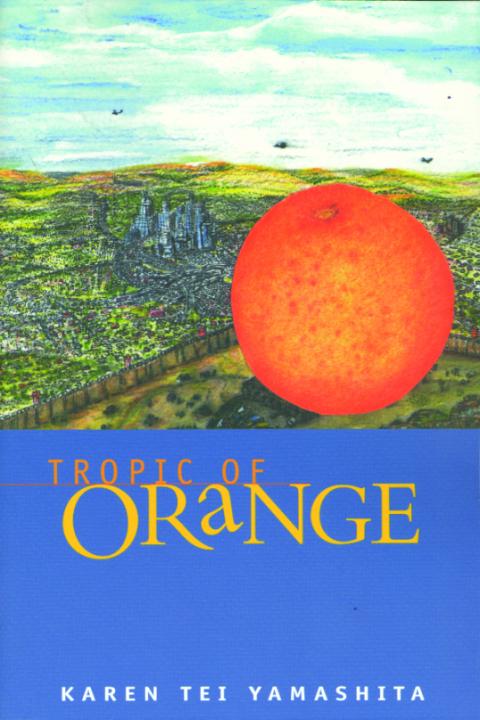
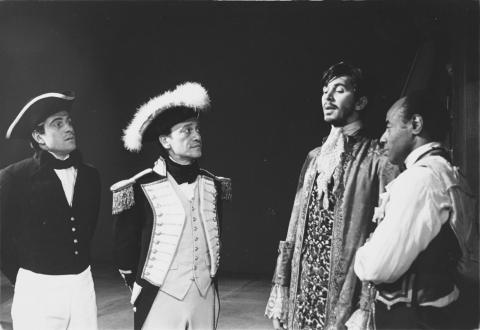
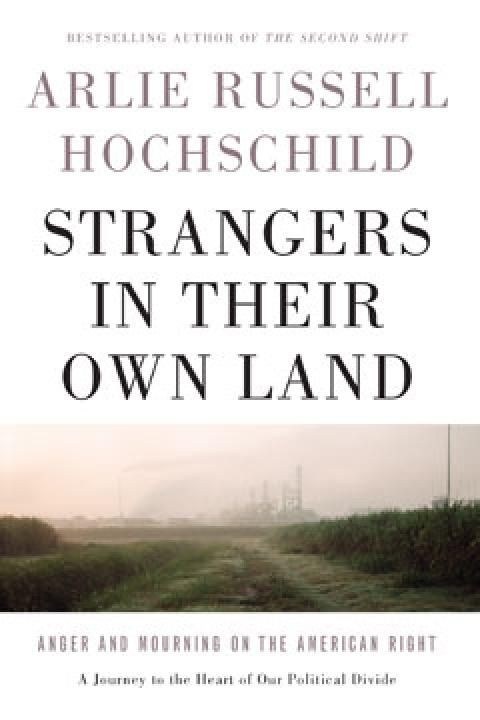

Spread the word